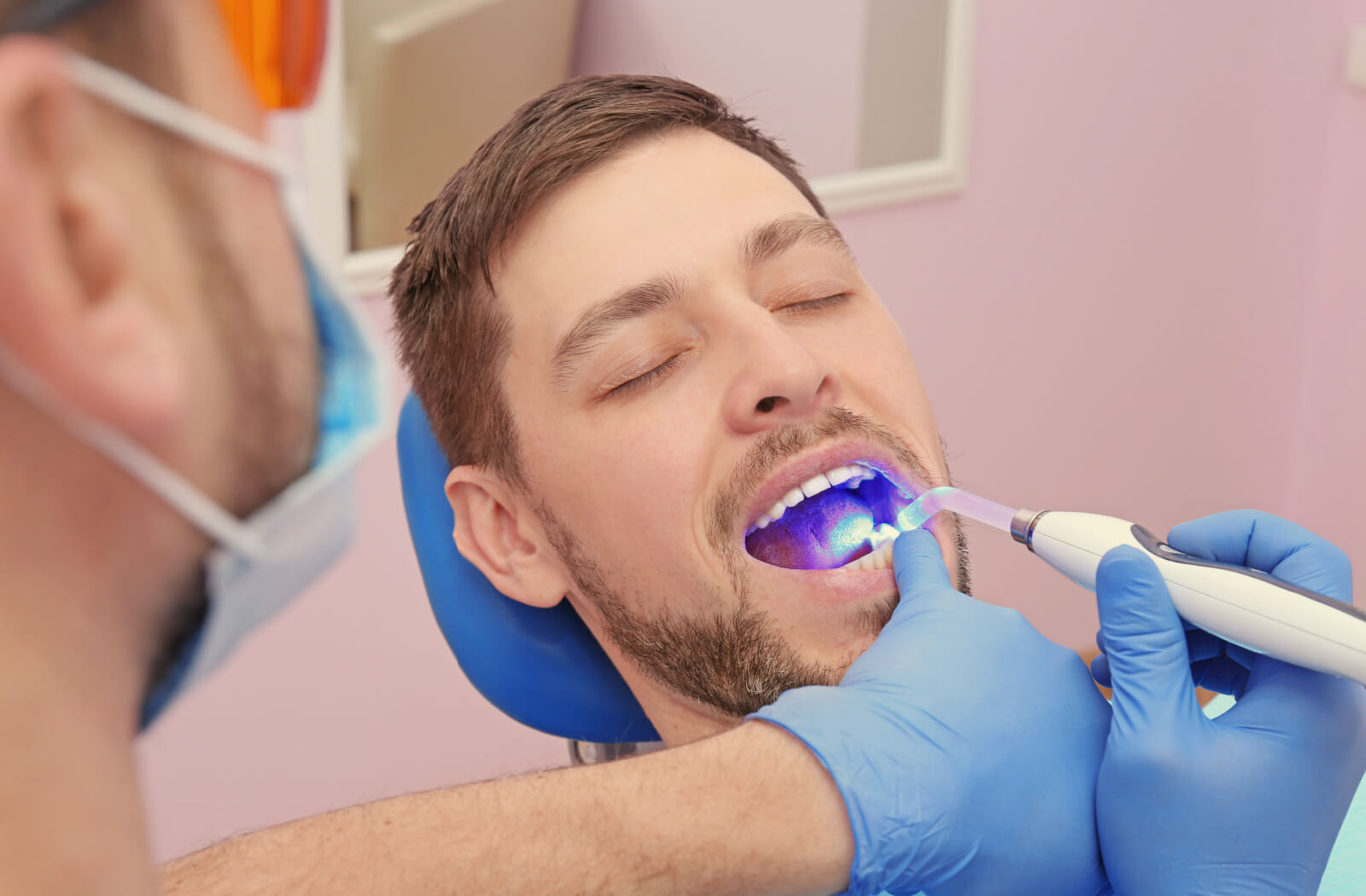
Image Source: Google
Our smiles are a powerful tool that can impact our overall health and well-being. Biological dentistry is a holistic approach to dental care that focuses on the connection between oral health and the rest of the body. By understanding how the health of our mouths can affect our entire system, biological dentists work to provide treatments that not only address dental issues but also support our overall health. Let's explore the benefits of biological dentistry and how it can contribute to a healthier smile and body. If you are looking for the best biological dentistry then, you can contact BioMed Center.
What is Biological Dentistry?
Biological dentistry, also known as holistic or natural dentistry, is an approach to dental care that considers the entire body when treating oral health issues. This approach recognizes the interconnectedness of our bodies and aims to provide treatments that promote overall health and well-being, not just oral health. Biological dentists use biocompatible materials and techniques that are designed to support the body's natural healing processes and minimize the use of potentially harmful substances.
Key principles of biological dentistry include:
- Preventative care focused on maintaining oral health to prevent disease
- Minimally invasive treatments that preserve healthy tooth structure
- Biocompatible materials that are safe for the body
- Understanding the impact of oral health on systemic health
The Benefits of Biological Dentistry
1. Overall Health and Wellness
Biological dentistry recognizes that the health of our mouths can have a significant impact on the health of the rest of our bodies. By treating oral health issues and using biocompatible materials, biological dentists can support the body's natural healing processes and contribute to improved overall health and wellness.
2. Minimally Invasive Treatments
Biological dentistry focuses on preserving healthy tooth structure and using minimally invasive treatments whenever possible. This approach helps to minimize the need for extensive dental work and reduces the risk of complications or side effects associated with more invasive procedures.
3. Biocompatible Materials
Traditional dental materials, such as amalgam fillings, can contain potentially harmful substances like mercury. Biological dentistry uses biocompatible materials that are safe for the body and less likely to cause adverse reactions or long-term health issues. This focus on safety and compatibility can benefit patients in the long run.
4. Individualized Care
Biological dentistry takes a personalized approach to patient care, considering each individual's unique health needs and preferences. By focusing on the whole person and not just their teeth, biological dentists can provide tailored treatments that address specific concerns and contribute to better outcomes.
Common Practices in Biological Dentistry
1. Removal of Amalgam Fillings
Biological dentists often recommend the removal of amalgam fillings, which contain mercury, a toxic substance that can potentially harm the body. By replacing these fillings with biocompatible materials, such as composite resin or porcelain, biological dentists can help reduce the patient's exposure to harmful substances.
2. Biological Root Canal Therapy
Traditional root canal therapy can involve the use of toxic materials and may not fully address underlying infections. Biological dentists use alternative techniques, such as ozone therapy or laser treatment, to disinfect the root canal and promote healing without compromising the patient's overall health.
3. Metal-Free Dentistry
Biological dentistry avoids the use of metal materials, such as mercury amalgam or metal crowns, which can be harmful to some patients. Instead, biological dentists use metal-free alternatives, such as ceramic or zirconia, that are safe and biocompatible for patients with sensitivities or concerns about metal exposure.
4. Nutritional Counseling
Biological dentists may offer nutritional counseling to support overall health and improve oral health. By emphasizing the importance of a healthy diet rich in nutrients that support dental health, biological dentists can help patients prevent dental issues and maintain optimal well-being.
Conclusion
Biological dentistry offers a holistic approach to dental care that considers the relationship between oral health and overall well-being. By focusing on preventative care, minimally invasive treatments, and biocompatible materials, biological dentists can support the body's natural healing processes and contribute to improved health outcomes for their patients. If you're looking for a dental approach that values your overall health and wellness, consider exploring the benefits of biological dentistry for a healthier smile and body.